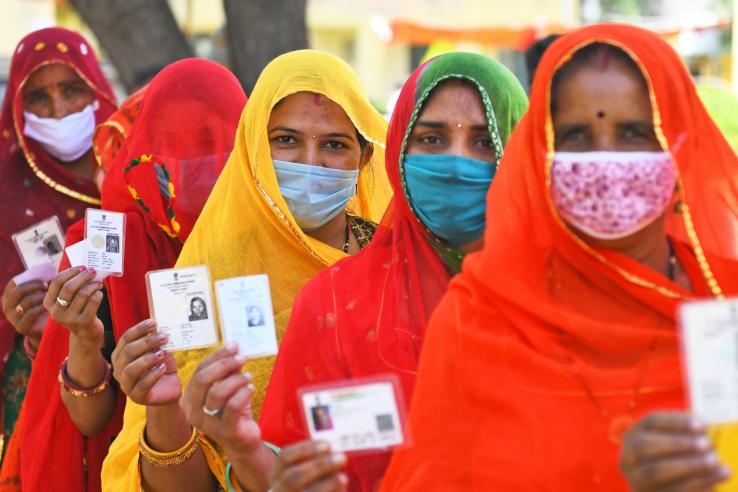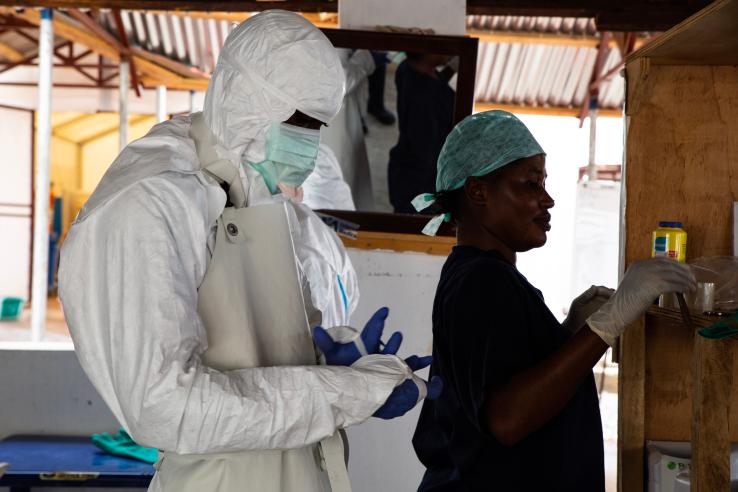Displaying 436 - 450 of 8473
Research Paper
File: Research paper
Research Paper
File: Research paper
Research Paper
File: Research paper
Research Paper
File: Research paper
Research Paper
File: Research paper
Policy Publication
File: Policy publication
Last year brought new challenges and demanded innovative solutions. Read how our research, policy, and capacity building work evolved to adapt to lockdowns and meet new evidence needs in the online 2020-21 edition of “Improving Lives Through Evidence."
Policy Publication
File: Policy publication
Community monitoring and nonfinancial award programs for health clinics in Sierra Leone improved clinic utilization, patient satisfaction, and reporting during the 2014 Ebola crisis. Community monitoring improved child health and reduced mortality among Ebola patients.
Research Paper
File: Research paper
Research Paper
File: Research paper
Research Paper
File: Research paper
Research Paper
File: Research paper
Research Paper
File: Research paper
Research Paper
File: Research paper
Research Resource
File: Research resource
Research Paper
File: Research paper

